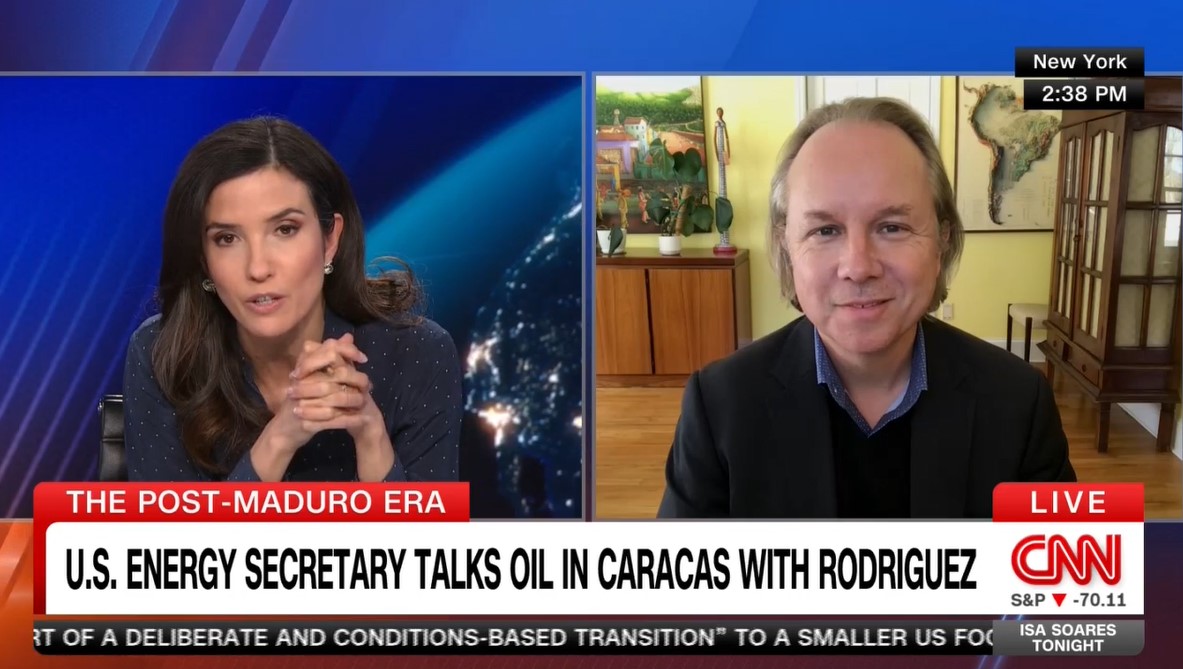Why Are Mexico and the United States Fighting Over Tomatoes?
Why Are Mexico and the United States Fighting Over Tomatoes?
AS/COA's Kezia McKeague explains the intricacies of a looming U.S.-Mexico trade war over tomato dispute.
Q: U.S. business groups such as the Chamber of Commerce recently raised concerns about a possible trade war with Mexico, Reuters reported. The alarm came after the Commerce Department announced a preliminary decision in favor of ending a 16- year-old tomato trade agreement with Mexico. What is behind the dispute over tomatoes, and why has Commerce sided with U.S. growers in this preliminary decision? What would be the ramifications of a final judgment, which is expected within the next nine months, that goes against Mexico?
Kezia McKeague, director of government relations at the Council of the Americas in Washington DC:
A: “Florida tomato growers have requested that the Commerce Department end the so-called 'suspension agreement,' which sets a minimum price on tomato imports from Mexico, so that they can initiate an antidumping investigation. They argue that the agreement fails to protect them against the Mexican competition; their critics accuse them of a transparent attempt to use a swing state's political clout on behalf of protectionist interests. For Mexican tomato growers, termination of the agreement would allow U.S. growers to file formal complaints accusing the Mexicans of unfair trade practices, which they did repeatedly before the agreement's adoption in 1996. The Mexicans argue that they are being punished for their success—for growing a superior product and for honoring the pact over 16 years. Instead of taking the opportunity to renegotiate the reference price, as Mexico has offered, the Commerce Department is risking a major trade war with one of our closest trading partners. The Mexican government has already threatened to retaliate with ramifications for other commodity producers caught in the cross-fire. Unfortunately, the victims of a final judgment against Mexico would not only be a vital Mexican industry, but also U.S. consumers and distributors. Indeed, produce trade with Mexico employs tens of thousands of U.S. workers in companies involved in distributing, transporting and selling tomatoes and other fresh vegetables. More broadly, the dispute threatens to distract from a pivotal bilateral relationship just as Mexico is expected to support many U.S. positions when it joins the next round of Trans-Pacific Partnership negotiations in December.”
Click here to read the complete Q&A.








